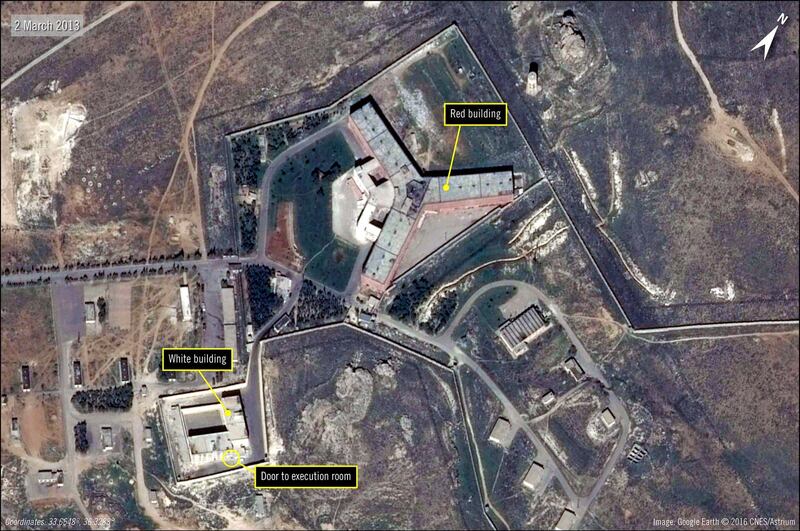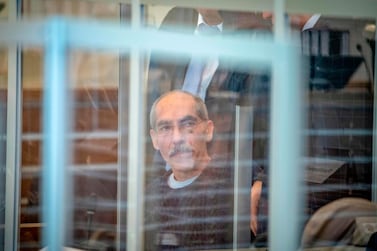Top US politicians on Monday urged all nations to shun Syrian President Bashar Al Assad ahead of a new law to imposes sanctions over atrocities.
The Caesar Act, which takes effect next week, penalises any companies worldwide that deal with Mr Al Assad and blocks any US reconstruction aid until perpetrators of abuses in Syria's civil war are brought to justice.
The top Democrats and Republicans in charge of foreign affairs in the Senate and House of Representatives said the law sent a message that "Assad remains a pariah."
"He will never regain standing as a legitimate leader," said the statement from representatives Eliot Engel and Mike McCaul, and senators Jim Risch and Bob Menendez.
"We strongly urge all members of the international community against commercial or diplomatic engagement with the murderous Assad regime or engaging in sanctionable behaviour."
The Caesar Act: New US sanctions on Syria take effect

The law is named after Caesar, a former Syrian military photographer who fled at great personal risk in 2014 with 55,000 images of brutality in Mr Al Assad's jails.
Caesar, disguised, first testified before Congress in 2014 but the law did not pass until late last year as part of a giant defence spending bill.
The impending law already sent the Syrian pound tumbling to record lows against the dollar this weekend.
The Syrian government last week condemned the law, saying that the US will "bear the main responsibility for the suffering of the Syrian people."
Mr Al Assad crushed protests that erupted in 2011, with the country descending into a war that has killed more than 380,000 people, displaced millions and saw the rise of ISIS extremists.
With Russian support, Mr Al Assad has largely retaken the country, but policymakers in the West are adamant never to formally recognise him, even if he stays in power.
Amnesty International said in 2017 that as many as 13,000 people were hanged in one military-run prison near Damascus, with the US saying authorities built a crematorium to cover up evidence.
Two Syrians went on trial in April in Germany in the first case worldwide over state-sponsored torture by the Assad regime. The trial is continuing.







